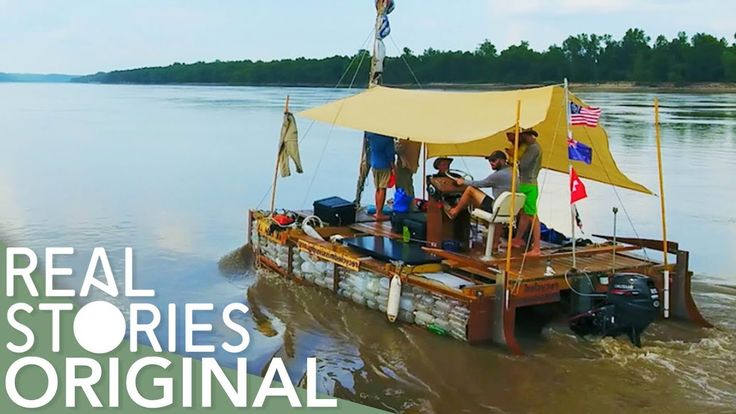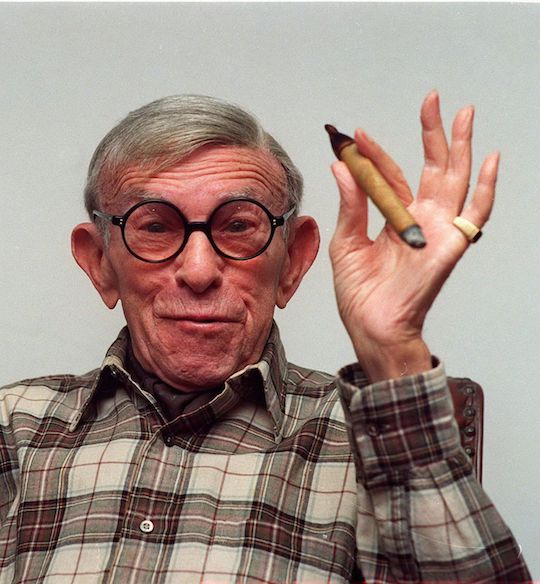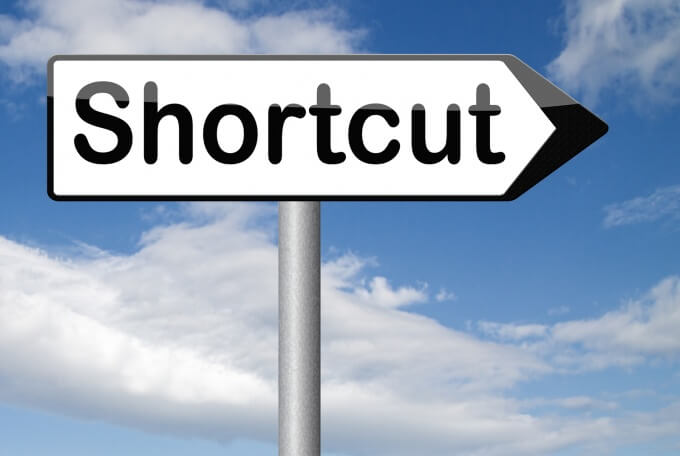“You’re spending time to save money when you should be spending money to save time.”
—Naval Ravikant, Indian-American entrepreneur and investor
When I was eleven, I started my first business.
My dad loaned me $75 to buy a Sears Craftsman lawn mower, and I got busy knocking on all the neighborhood doors.
Prior to my gas-powered efforts, I used one of those rotary mowers that would always get clogged with grass if it was too long or wet. After one multi-hour effort on a neighbor’s neglected lawn with only three dollars to show for it, my rotary mower was history.
Where in your life have you and do you trade your time for money?
Where over the years have your learned to use your money to more efficiently and effectively allocate your time?
EXERCISE:
Where and in what ways have you learned that time is the coin of life? In what ways can you spend and invest it more wisely? How can you use your money and other resources to get far more bang for your bucks?






